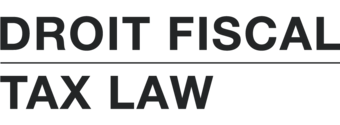In Canada v. Paletta, the Federal Court of Appeal clarified that, in order for a business to exist, there must be an intention to earn a profit. Absent such intention, there is no business and therefore no “source of income”.
Executor Left with Hefty Tax Bill
When the taxpayer’s father passed away in 1994, the taxpayer and his brother became executors of his estate. The taxpayer was appointed as an executor although he did not receive anything under the will, as most of the estate was left to the taxpayer’s brother and their children (and grandchildren).
Taxpayer “Ought to Have Known” About the Shareholder Benefits
The taxpayer was assessed shareholder benefits because BBH Ltd. (of which he was also a direct shareholder) paid premiums in respect of insurance policies that insured his life and that of his spouse and for which the beneficiaries were his spouse and stepchildren.
Wilful Blindness to Bad Tax Advice
The taxpayer was a contractor who was in business for over 25 years. He then started to attend meetings from Paradigm Education Group after talking to a friend. Unbeknown to him, his life was about to take a turn for the worse.
Lending Activity Did Not Possess the Positive Indicia of a “Business”
The appellant was a businessman who made his fortune in the oil and gas industry. In order to fructify his capital, he decided to lend money to third parties. When two companies to which he lent money went bankrupt, he claimed business losses in relation to the loans he made to these two companies.
